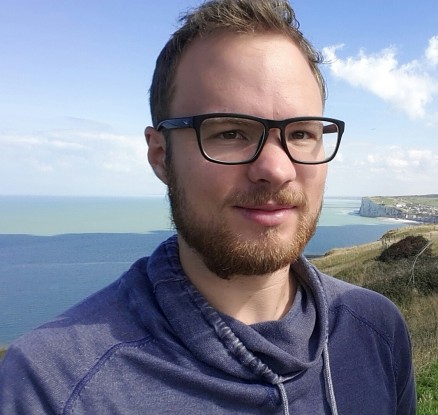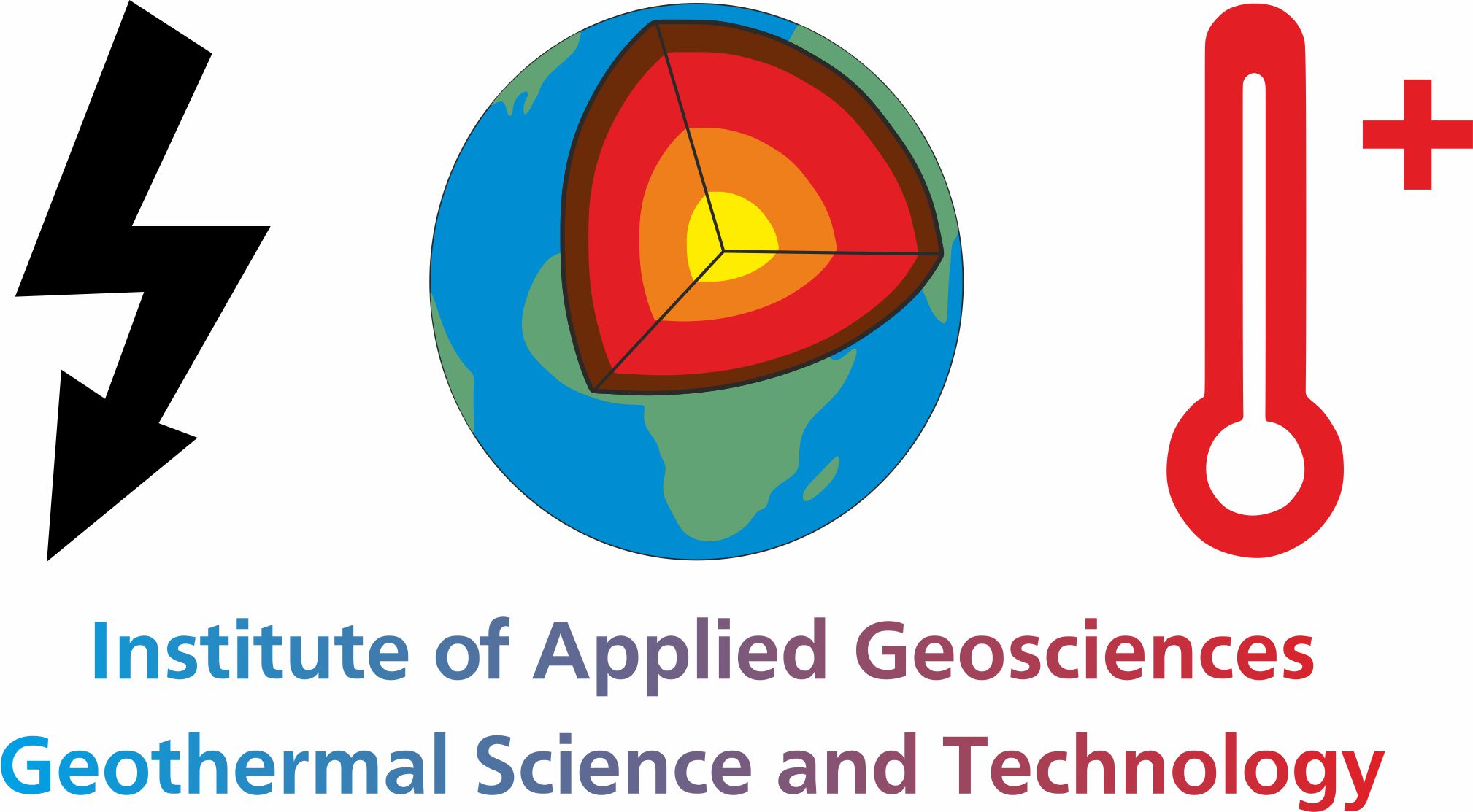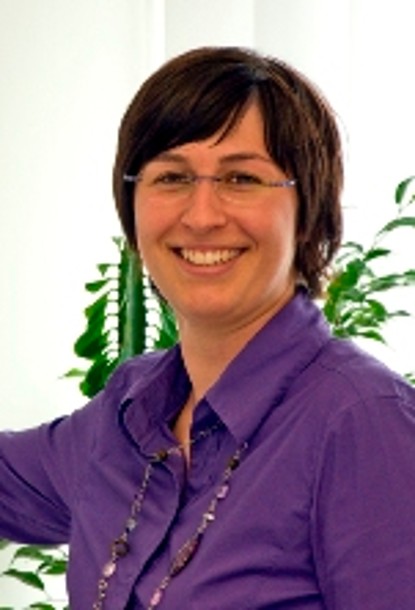The main objective of DGE-ROLLOUT is to promote deep geothermal energy in North-West Europe. In order to meet the European climate goals a significant reduction of carbon emissions is necessary. Deep geothermal energy can provide large quantities of renewable energy on a high temperature level. Moreover, deep geothermal energy is – in contrast to many other energy sources – capable of providing base load capacity. The project DGE-Rollout will address the main obstacles, which hinder this technology’s penetration of the energy market: a lack of public awareness and the difficulties to predict and mitigate associated risks. Ten project partners from Belgium, Germany, France and the Netherlands cooperate on the implementation of deep geothermal energy on several demonstration sites in the project region and undertake the accompanying research. The project will focus on three main implementation work packages:
1) Mapping and Networking
2) Decision and Exploration Support
3) Testing for Production Optimization
The first to work packages focus on the development of innovative, risk-mitigating and reliable exploration strategies. For this purpose, a 3D atlas map of the complex geological and spatial situation in the project region will be compiled as a basis for decision-making. In order to facilitate market penetration of deep geothermal energy, the project will also aim on increasing public acceptability, on legal boundary conditions and on the evaluation and development of business models. Furthermore, a NEW-DGE network will be established to secure the project’s results and investments long-term.
Production optimization will be tested on several test sites by implementing high temperature heat pumps, heat storage systems and novel heat cascading concepts for high (above 100 °C, large grids) to low (still above 50 °C, single installation) to achieve an annual CO2 reduction of up to 25,000 tons. By realizing additional facilities in the project region until 2022 carbon emissions can be reduced by up to 160,000 t/a. 10 years after the project the reductions are expected to rise to at least 1.6 million tons per year. However, the long-term effect is estimated to result in emission reductions of up to 7 million tons per year.
TU Darmstadt mainly participates in the work packages “Networking and Mapping” and “Testing for Production Optimization”. A three-dimensional geothermal model of the Upper Rhine Graben will be compiled as a contribution to the 3D atlas map of the project region to provide a better knowledge base to project engineers to allow for a better local assessment of deep geothermal production potentials. TU Darmstadt is responsible for the mapping of the Upper Rhine Graben reservoirs and assisted by its sub-partner GeoThermal Engineering who is mainly contributing to the work package “Decision and Exploration Support”. As a contribution to the work package “Testing for Production Optimization”, TU Darmstadt will integrate a planned pilot of a medium deep borehole thermal energy storage system into the existing campus district heating grid. The integrated operation and possible expansion of the pilot facility will be evaluated by numerical simulations.
| Name | Contact | |
|---|---|---|

| Jeroen van der Vaart M. Sc. | Jeroen.vaart@tu-... +49 6151 16-22398 B2|02 137 |

| Lukas Seib M. Sc. | lukas.seib@tu-... +49 6151 16-25675 L1|08 13 |
Further Information
- Funding period: 48 months (25/10/2018 – 24/10/2022)
- Grant Authorities: European Regional Development Fund – Interreg North-West Europe (grant agreement number: NWE 892)
- 10 European partners
- Official Website: http://www.nweurope.eu/projects/project-search/dge-rollout-roll-out-of-deep-geothermal-energy-in-nwe/




